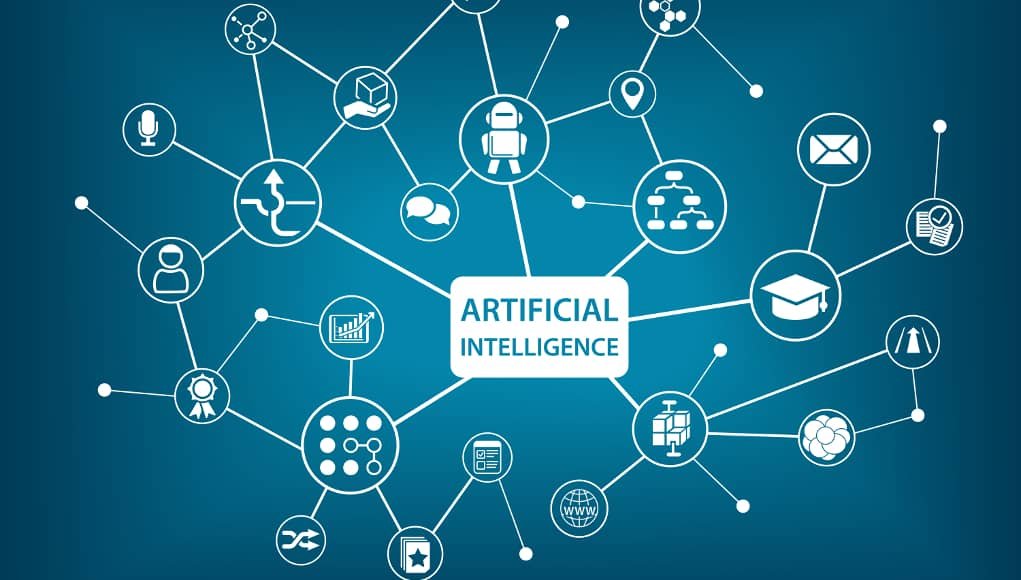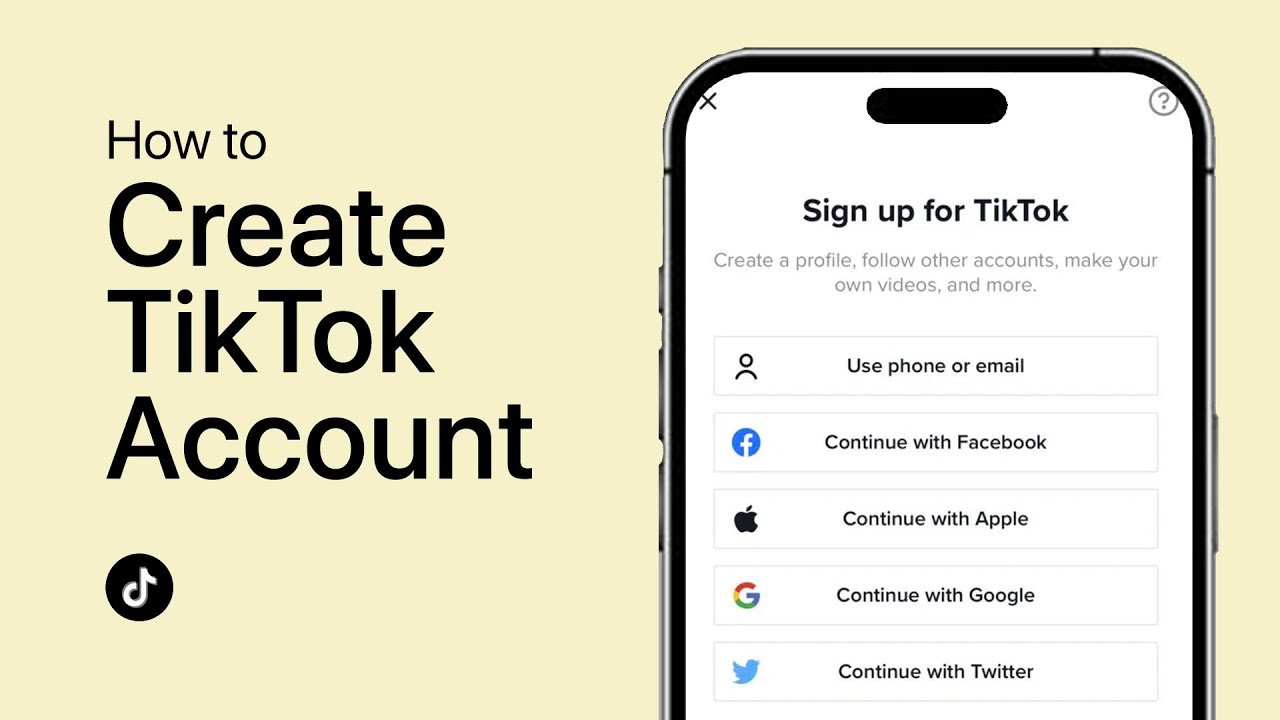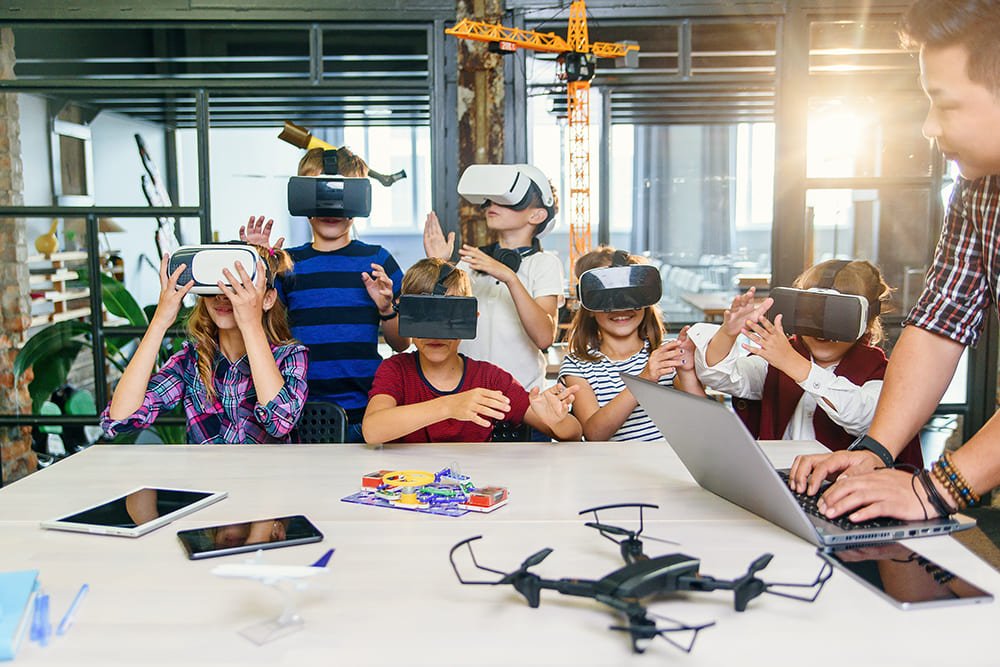AI education is transforming the way we learn, teach, and interact with educational content. AI in education enables personalized learning experiences, AI-powered tutors, and automated assessments. From primary schools to universities, AI education is shaping the future of learning. If you’re an educator, student, or someone passionate about the future of education, this post will show you how AI in education is making a significant impact in 2025. Learn more about AI in education from EdTech Magazine
-
Personalized Learning with AI Tutors
AI education provides real-time assistance through AI-powered tutors like Khanmigo and ChatGPT, tailoring lessons based on individual learning speeds and styles. AI in education enables students to receive customized feedback and explanations suited to their needs. These AI tutors assess progress in real time, identifying areas where students struggle and adjusting lesson plans accordingly. This means a more personalized learning experience without a one-size-fits-all approach.
Why It’s Game-Changing:
- AI in education ensures students no longer feel left behind or ahead of their peers.
- AI in education adapts content based on performance and learning patterns.
- AI in education enhances engagement by offering interactive and gamified lessons.
- AI-driven analytics help teachers identify struggling students faster than traditional methods.
What’s your experience with AI tutors? Let us know in the comments! Read about AI tutors on the World Economic Forum
READ ALSO How to Use ChatGPT for Weekly Lesson Notes: 10 Powerful Steps to Achieve Flawless Lesson Plans Like a Pro!
-
AI-Powered Grading & Assessment
AI education is revolutionizing grading. Teachers spend hours grading assignments, but AI in education tools like Gradescope automate the process. AI in education assesses multiple-choice tests, essays, and even handwritten assignments with high accuracy. These tools provide detailed insights into student performance and allow for constructive feedback without the delay of manual grading.
Benefits:
- AI education saves teachers valuable time.
- AI in education provides instant feedback for students.
- AI education reduces grading bias.
- AI allows large-scale testing with efficient, data-driven analysis.
Would you trust AI to grade your work fairly? Share your thoughts! Explore AI grading systems from EdSurge
READ ALSO Turning Text into Engaging Video| 10 Powerful Steps On How To Instantly Turn Your Text Into Video For Content Creators With A Sample Video
-
AI in Special Education
AI education is playing a crucial role in special education. AI education enhances accessibility through speech recognition and text-to-speech applications, such as Google’s Live Transcribe. AI-powered tools also use predictive text and image recognition to aid students with disabilities.
AI in education provides:
- Real-time captions for students with hearing impairments.
- Adaptive reading tools for dyslexic learners.
- AI-powered speech therapy for students with communication difficulties.
- Behavior tracking systems that help educators develop better-individualized learning plans.
How can AI in education further enhance accessibility? Comment below! Read more on AI and special education from UNESCO
CHECK OUT Immersive Learning With AR/VR: 5 Amazing Powers & 3 Pitfalls of AR/VR Plus 5 Great Impacts on Africa And Education
-
Smart Content Creation
AI education simplifies content creation. AI education tools like Quillionz and Jasper generate quizzes, summaries, and interactive course materials based on input text. AI-generated content allows educators to create personalized lesson plans quickly and efficiently, ensuring that content is up-to-date and engaging.
How AI Helps in Content Creation:
- Generates tailored quizzes and exercises.
- Summarizes long articles into digestible formats.
- Creates adaptive learning modules that adjust difficulty based on student performance.
- Develops multimedia content like infographics and slides instantly.
Try an AI in education tool to generate content for your next lesson and share your experience!
SEE ALSO Logarithms for Beginners: 3 Simple Tricks to Avoid Common Mistakes and Master Logarithms
-
AI-Powered Chatbots for Student Support
AI education is improving student support through AI-powered chatbots that handle common student queries. These chatbots provide instant responses and guide students on academic and administrative concerns, reducing the workload on school staff.
AI education chatbots assist with:
- Course registration.
- Assignment reminders.
- FAQs on campus facilities and events.
- Real-time help in multiple languages.
If your school used AI chatbots, what would you want them to assist with?
-
AI in Career Guidance
AI education platforms like Pymetrics analyze students’ skills and suggest the best career paths. These platforms use AI-powered aptitude tests, personality assessments, and job market analysis to recommend suitable careers.
Would you trust an AI career counselor? Drop your opinion in the comments! Discover AI-based career guidance at Forbes
-
AI-Driven Virtual Reality (VR) & Augmented Reality (AR)
AI education enhances learning through AI-powered VR and AR applications, making subjects like science and history more immersive. AI-driven simulations allow students to conduct virtual experiments, take historical site tours, and engage with complex concepts interactively.
Would you prefer virtual reality classrooms over traditional learning? Vote below! Learn more about AI in VR and AR from TechCrunch
CHECK OUT Early Childhood Education: 4 Amazing Powerful Key to Lifelong Success or a Devastating Missed Opportunity? – Know It All!!
-
Automated Attendance & Behavior Monitoring
AI education is used for attendance tracking and student behavior analysis. AI in education allows schools to monitor classroom engagement using AI analytics. Schools use facial recognition, RFID tracking, and behavioral analysis tools to ensure students remain focused and engaged in class.
Do you think AI in education tracking is innovative or intrusive? Let’s discuss!
-
AI-Powered Language Learning
AI education supports language learning through apps like Duolingo and ELSA Speak, providing real-time pronunciation feedback and adaptive lessons. AI detects accents, common mistakes, and adapts the learning speed to individual students.
Which language would you love AI in education to help you master? Check out AI in language learning at Duolingo
SEE ALSO Chevening Scholarship 2025 How To Apply – Fully Funded UK Scholarships |The Ultimate Life-Changing Opportunity & Hidden Challenges – Apply Now
-
AI for Educator Training & Development
AI education enhances teacher training. AI powered professional development tools analyze teaching patterns and suggest improvements. AI also allows teachers to practice handling classroom scenarios using AI-powered simulations.
How do you think AI in education can improve teacher training?
AI in Higher Education
AI is revolutionizing the way learning is delivered in higher education institutions. From personalized learning experiences to advanced data analytics, AI is helping educators better understand student needs and optimize curriculum delivery.
AI-powered tools can tailor lessons to individual learning styles, ensuring that students receive the right level of challenge and support. Moreover, AI facilitates administrative tasks like grading and scheduling, allowing educators more time to focus on teaching.
The use of AI in higher education also promotes more efficient resource management and enhances research capabilities. As the technology evolves, its role in education will continue to grow, offering new opportunities for improving teaching and learning outcomes.
How to Use AI Effectively in Education
To use AI effectively in education, institutions must integrate AI tools that align with their teaching goals and student needs. First, educators can leverage AI in education to personalize learning, tailoring content to individual student progress, strengths, and weaknesses. AI-powered platforms can assess students’ understanding in real-time, providing immediate feedback and allowing for adaptive learning paths.
For administrators, AI can streamline tasks like scheduling, grading, and even monitoring student attendance, freeing up time for more meaningful interactions. Teachers can also use AI to enhance their professional development by gaining insights from data on student performance, helping them adjust their teaching methods accordingly.
Ultimately, the key to using AI effectively is ensuring that it complements the human element of education, fostering engagement and improving learning outcomes.
CHECK OUT Rhodes Scholarship: History, fields & Funding, Eligibilities, Competitiveness, Value, Acceptance Rates, and How to Win It Plus 5 Unbelievable Opportunities & Toughest Challenge – Know All!!
Conclusion
AI in education is no longer the future—it’s the present. AI in education is reshaping learning through AI tutors, grading automation, and immersive VR classrooms.
💬 What AI-powered tool has impressed you the most? Let’s discuss in the comments!
📢 Share this post if you believe AI in education is changing learning for the better! 🚀





